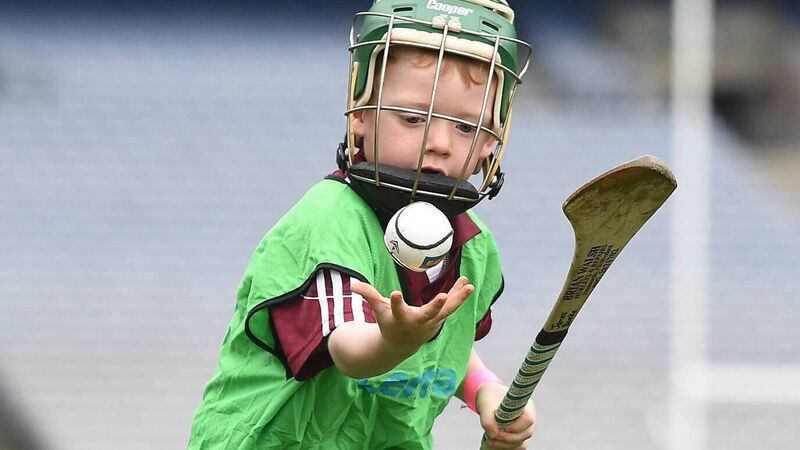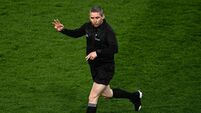Paul Rouse: Learning and skills shouldn't be confined to primary school classroom

James Burke, then aged 5, from Athenry GAA Club, Co Galway in 2016: Ireland’s policy on sport is a patchwork operation that depends on children having the good fortune to be born in certain areas.
The fascinating interview that Micheál Martin gave to Joe Molloy on last week laid bare the many disconnections and, indeed, failures of State policy in Ireland in relation to sport.








